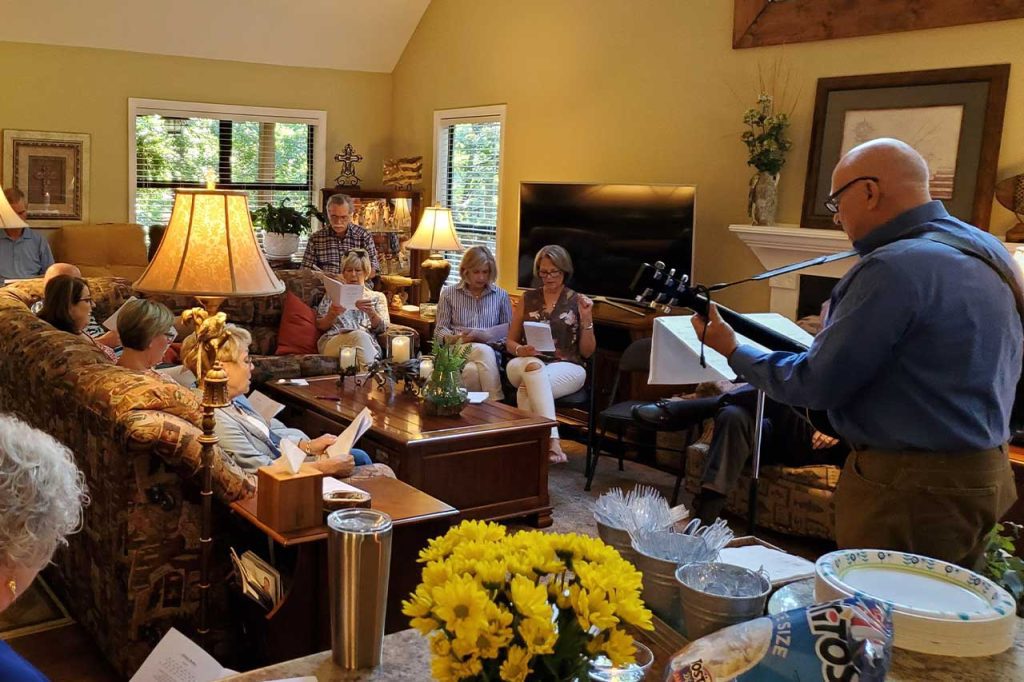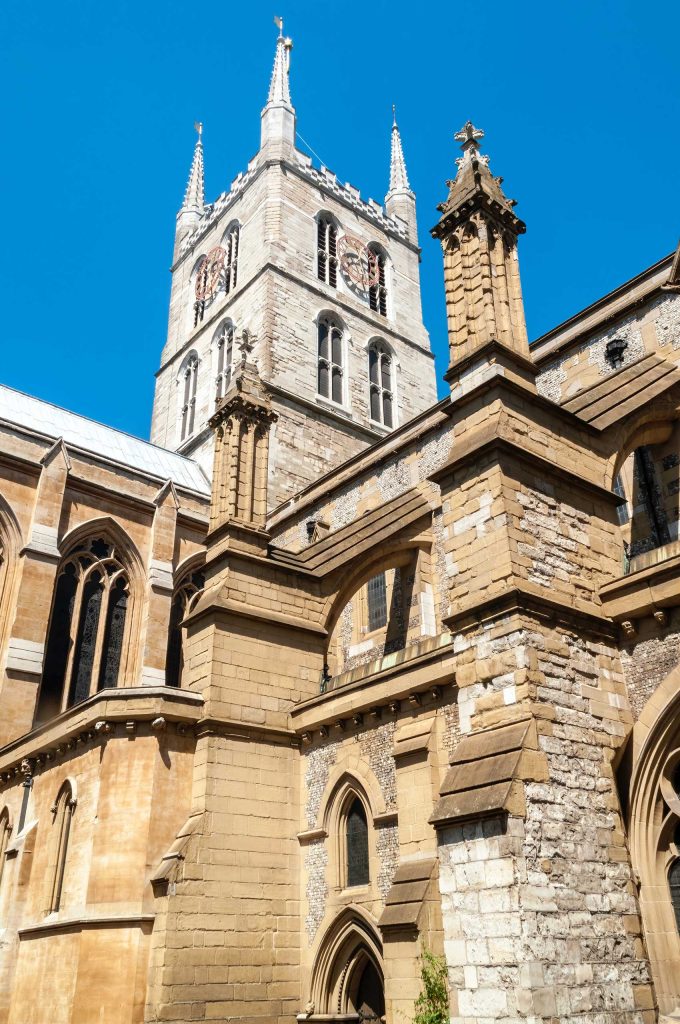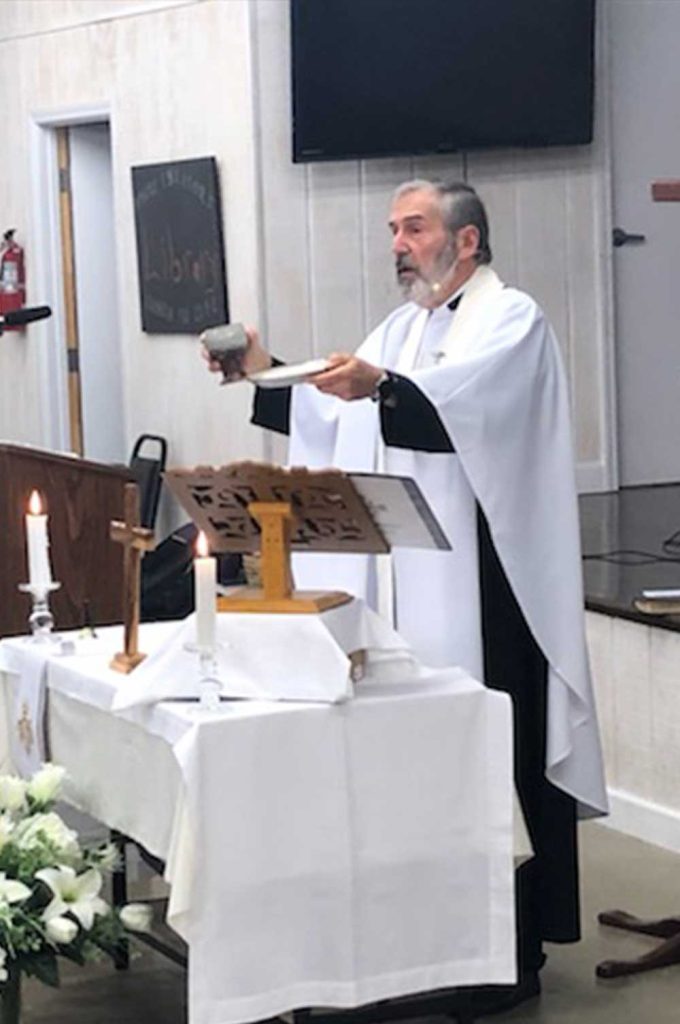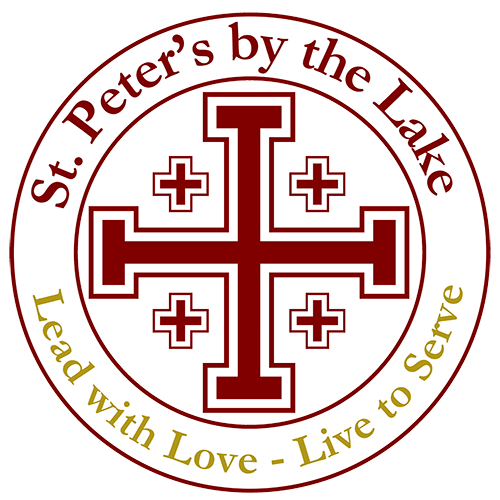The Anglican Church
Some might consider the Anglican church as the “stealth” church. We have been around since 1534, when Henry the 8th split with the Roman Catholic Church and established the Church of England. So, at this point, we are 489 years young.
In this country, the Anglican Church is better known as the Episcopal church (“The Protestant Episcopal Church in the United States of America” and “The Episcopal Church”), renamed from Anglican shortly after the end of the Revolutionary War.
ORIGINS OF THE NAME
The name “Anglican” is traced back to the ancient Anglo-Saxon tribes of Europe. The tribal name was spelled “Engles” or “Angles” and the tribe’s speech was the precursor to the English language. Their island became known as England, and their Christians were known as Anglicans.

THE BASICS
The Anglican Church in North America (ACNA) was founded in 2009 by former members of the Episcopal Church in the United States and the Anglican Church of Canada. Committed to a theology grounded in an orthodox interpretation of Biblical Scripture in traditional Anglican beliefs.
Headquartered in Ambridge, PA, the church currently has over 1000 congregations and 128,000 members. The first archbishop of the ACNA was Robert Duncan, who was succeeded by Foley Beach between 2014 and 2024. Archbishop Beach is currently serving as Bishop for the Anglican Diocese of the South in which we are a member congregation. In June of 2024 the Most Reverend Stephen D. Wood was elected as the 3rd Archbishop of the ACNA.

WORSHIP
Anglican worship is diverse, and it is best understood by visiting and attending a local congregation. What is common to all is an inheritance of worship that recognizes the supremacy of the Bible and often finds expression through the Prayer Book. To understand what and how Anglicans pray is to understand what they believe. The Prayer Book, described as the Scriptures arranged for worship, provides helpful resources for everything from personal daily devotions to large public gatherings of worship. It includes prayers for every season of life.

